Commodity Fetishism, Consumerism, the Society of the Spectacle, Alienation, and More
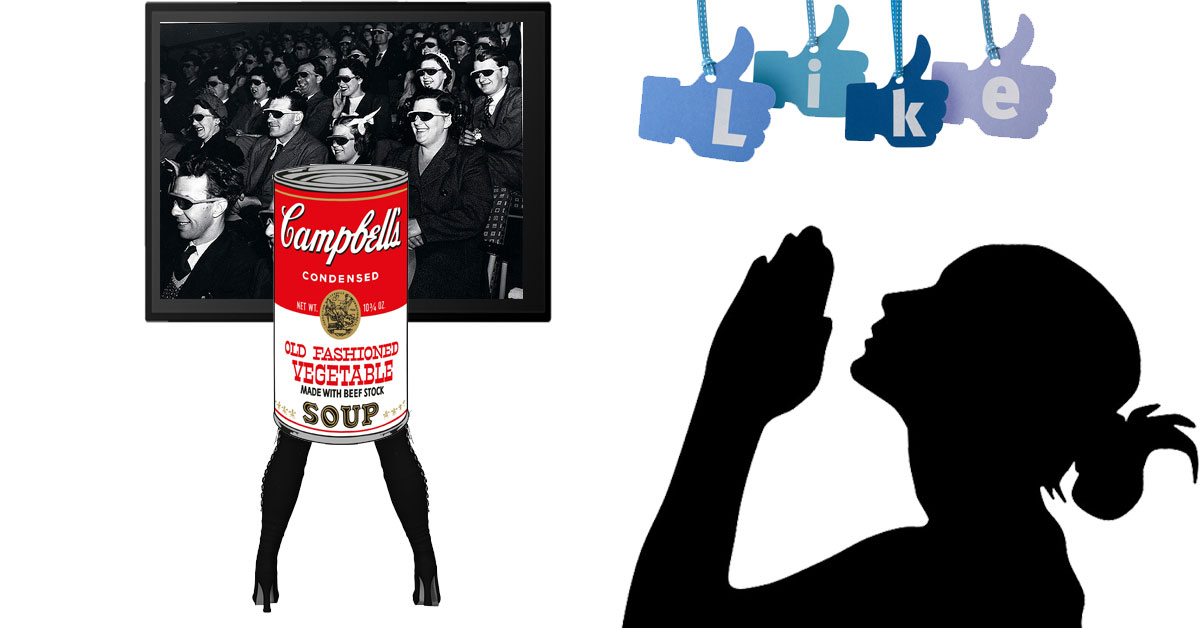
We define terms related to “the society of the spectacle” like commodity fetishism, consumerism, “proletarianization,” and alienation.
Happiness is a state of joy, we can consider happiness as a physical, mental, emotional, or even spiritual state of elation caused by higher and lower order factors.
The freedom to pursue happiness is perhaps the most basic human right, while happiness itself (as a broad concept) can be said to be the meaning of life.
We can understand happiness physiologically, psychologically, or philosophically and look for the many complex drivers and cause and affect relationships. On one level happiness is a testable chemical reaction, but on another level some of the truest words on happiness are spoken by poets. The core is simple, the mechanics complex.
Is happiness gained through aesthetic pleasures (sensual), either immediate or tactically planned, or are more ethical pleasures they key? Which one is more just, virtuous, and ethical? Either/ør is perhaps the best answer, although some (like me) claim A and B, but only in moderation with the two tempering each other.
– A Chinese Proverb

We define terms related to “the society of the spectacle” like commodity fetishism, consumerism, “proletarianization,” and alienation.

We present a simple self-help strategy to increase one’s feeling of fulfillment in their daily lives.

Plato’s Republic, utilitarianism, the philosophies of morality, ethics, politics, virtue, and law are all centered around one question “what is justice?” (AKA “what is fairness?”).

On this page we discuss the concepts of fairness, justice, morality, and ethics as they relate to Utilitarianism.
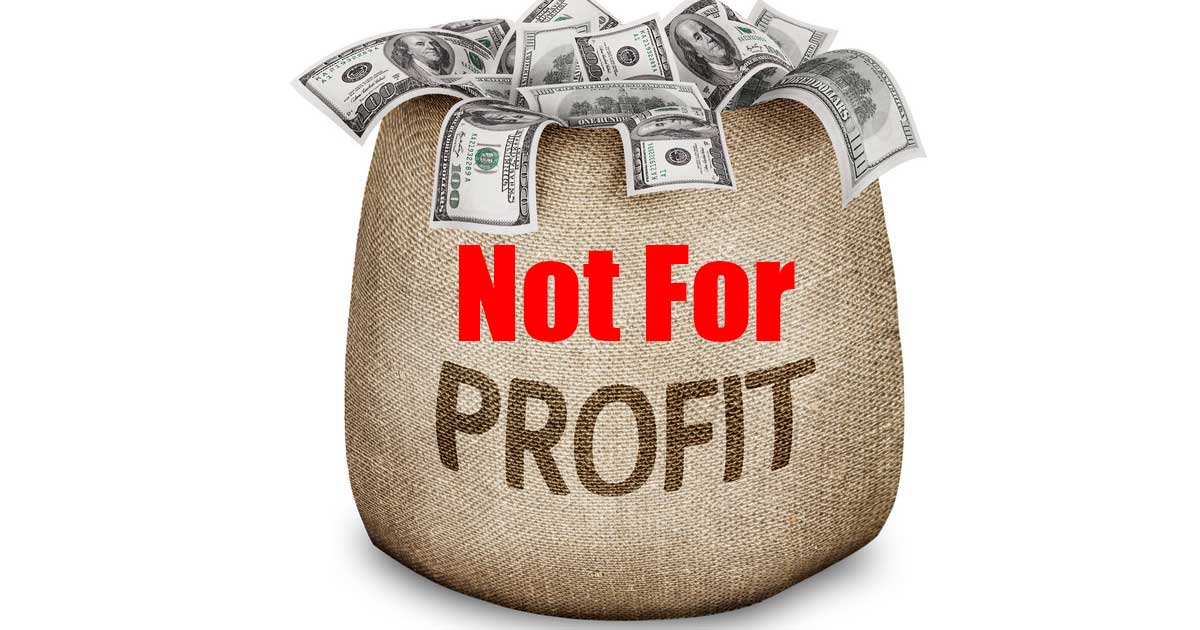
Social Capitalism can be defined as a socially minded form of capitalism, where the goal is doing social good, rather than just the accumulation of capital.
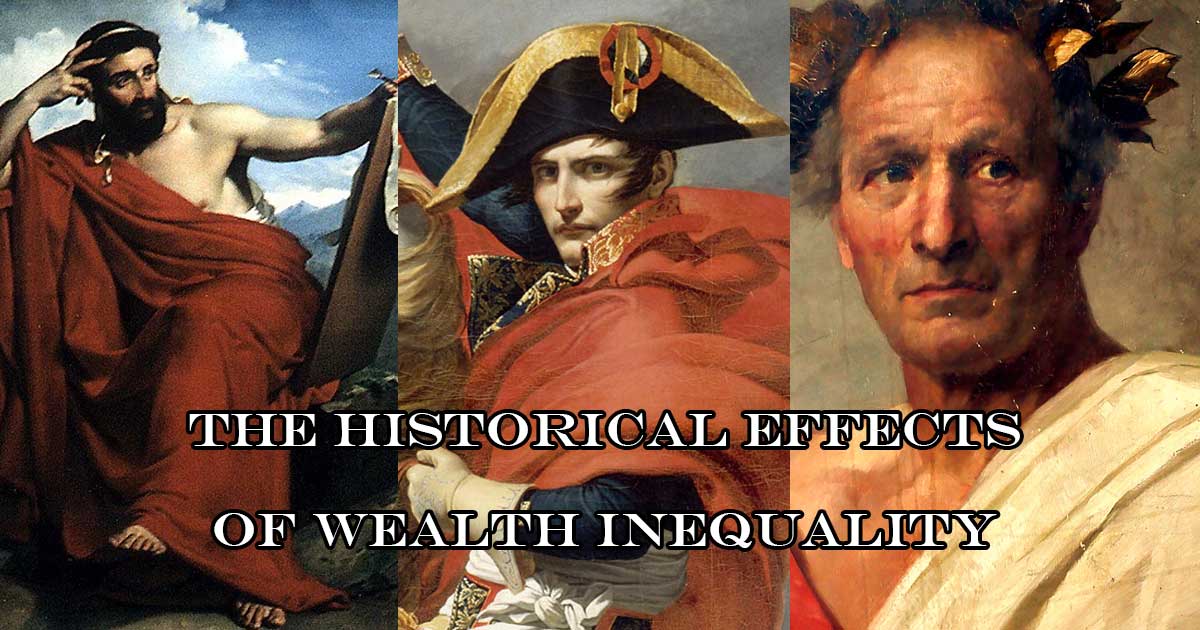
We examine the historical effects of social, political, and economic inequality on society to see how it has led to social unrest and events like revolutions and populist uprisings.

We present a list of vices and virtues and look at vices and virtues as understood by philosophers like Aristotle and Aquinas.
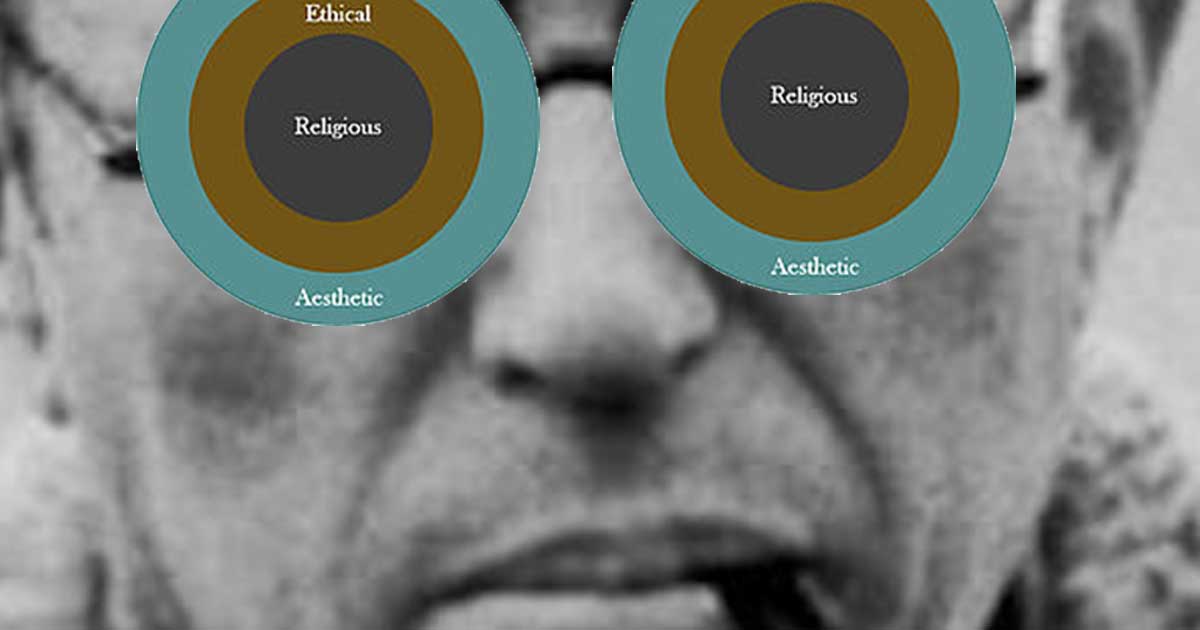
Essentialism is the idea that everything has an essence (something that “makes it, it”). Existentialism says there is no essence (no intrinsic meaning that can be confirmed by the senses or reason).
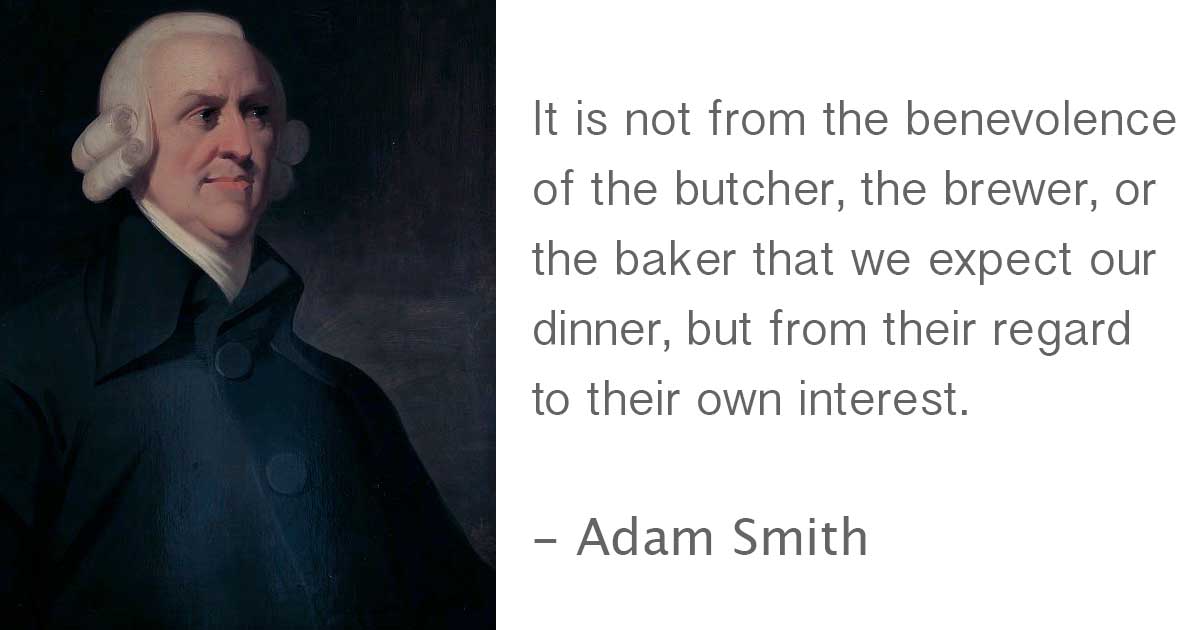
We explain Adam Smith as a Moral Philosopher, and explore how his Theory of Moral Sentiments connects to his economic theory from The Wealth of Nations.
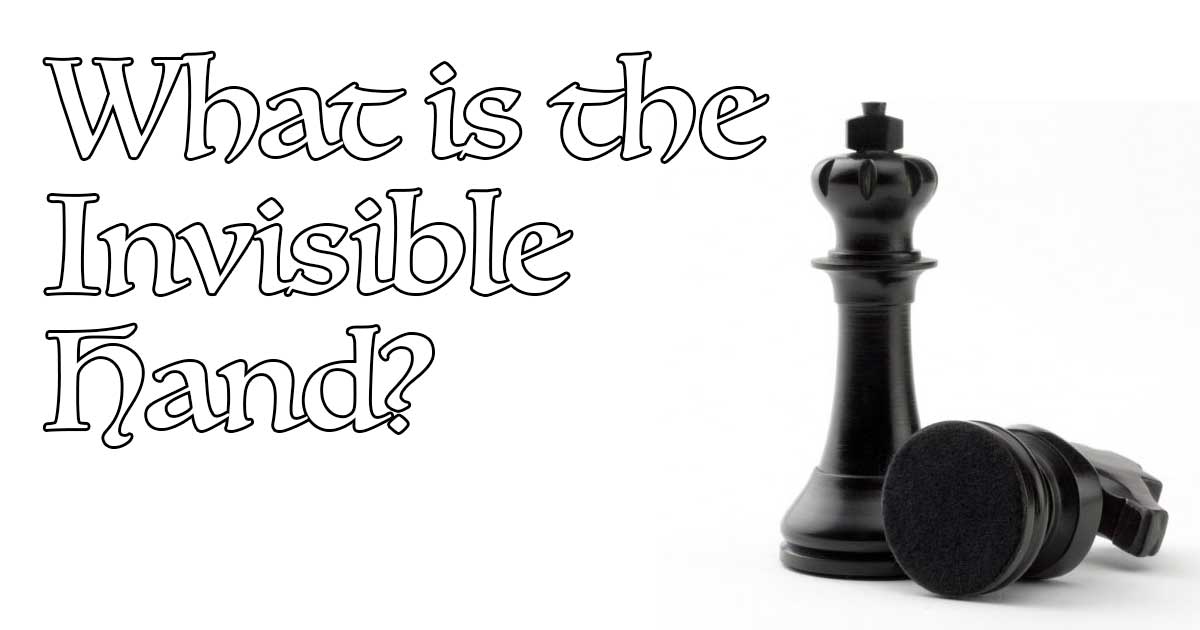
“The invisible hand” is a term used by Adam Smith to describe the theory that self-interest leads to social and economic benefits in a free-market.